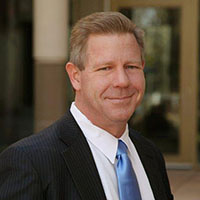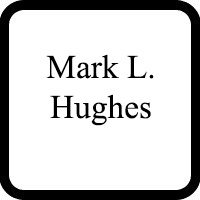Wyoming Criminal Lawyer List
R. Michael Vang
✓ VERIFIED *Status is reviewed annually. For latest information visit hereWhy should you choose R. Michael Vang over other lawyers in the State of Wyoming? R. Michael Vang has been battling for his clients' constitutional ri... (more)
Dion James Custis
✓ VERIFIED *Status is reviewed annually. For latest information visit hereThe Law Offices of Dion J. Custis, P.C. provides guidance with legal matters on all levels. I am a professional criminal defense attorney in Cheyenne,... (more)
Derek Allen Thrall
✓ VERIFIED *Status is reviewed annually. For latest information visit hereDerek grew up in Gillette, Wyoming and graduated from Campbell County High School in 2009. He went on to attend the University of Wyoming and graduat... (more)
Charles L. Barnum
✓ VERIFIED *Status is reviewed annually. For latest information visit hereCharles Barnum was born on March 15, 1971, in Rock Springs, Wyoming. He graduated from Rock Springs High School in 1989. Mr. Barnum attended The Unive... (more)
William R. Fix
✓ VERIFIED *Status is reviewed annually. For latest information visit hereWilliam Fix is a practicing lawyer in the state of Wyoming.
Mark L. Hughes
✓ VERIFIED *Status is reviewed annually. For latest information visit hereMark Hughes is a practicing lawyer in the state of Wyoming. Attorney Hughes received his J.D. from the University of Wyoming College of Law in 1978.
R. Todd Ingram
FREE CONSULTATION
CONTACTShelly Flot
FREE CONSULTATION
CONTACT







